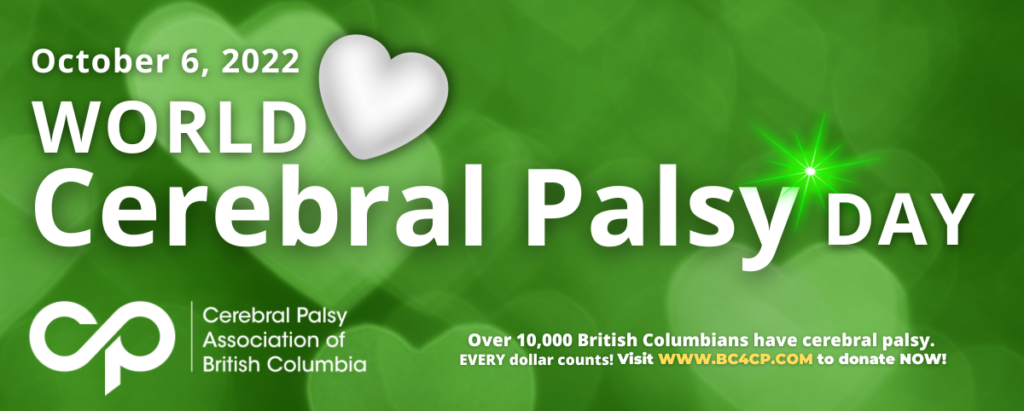What is Cord Prolapse?
An umbilical cord prolapse is an obstetrical emergency that can occur during labour and delivery when the umbilical cord descends into the cervix before or with the baby. In normal births the cord follows the child through the cervix. If the cord drops (prolapses) before the baby, it can become compressed against the child during delivery.
A compressed umbilical cord can partially or fully block off blood flow and oxygen to the baby. This is exceedingly dangerous and requires a rapid response—often delivery by caesarian. Symptoms of birth injury may include:
-
Umbilical cord visible through birth canal
-
Umbilical felt in birth canal in pelvic examination
-
Abnormally low fetal heart rate (bradycardia)
-
Decrease in fetal heart rate that is sudden and does not resolve
Diagnosis of Cord Prolapse
A baby with a prolapsed umbilical cord requires immediate diagnosis and management. If the cord compression cannot be relieved quickly, the baby will need to be delivered in the fastest and safest manner possible.
Risk Factors
-
Multiple gestations in one pregnancy — twins, triplets, multiples
-
Abnormal fetal presentation, particularly breech position
-
Premature or artificial rupture of the membranes
-
Abnormally long umbilical cord
-
Polyhydramnios — excessive amniotic fluid
-
Misplacement of internal monitors
Complications
The umbilical cord is the lifeline between mother and child in utero. If the cord’s function is compromised, it poses serious danger to the survival of the child. A compressed umbilical cord can asphyxiate the baby and must be treated immediately. If the physician cannot manually reduce the compression, the child will need to be delivered as soon as possible. The longer the delay, the greater chance that the child will develop brain damage. The more significant the brain damage, the larger the risk of a stillbirth.
Cord Prolapse & Cerebral Palsy
Cerebral palsy can be the result of perinatal asphyxiation caused by cord prolapse. If the cord compression cuts off the child’s oxygen and blood supply for a long enough duration, the severity of ensuing cerebral palsy symptoms may be profound. If you experienced a prolapsed umbilical cord in the delivery of your child, and your child has been diagnosed with cerebral palsy, it is possible that you received sub-standard obstetrical care. There are a number of situations in which cord prolapse can be avoided, such as ignoring or failing to address pregnancy risk factors. For example, cord prolapse is 20 times more likely in the delivery of a child with abnormal positioning, such as breech, than in a child situated head-first.
Parents should ask questions about the quality of care they received in their child’s delivery. Often complete information is denied to patients in British Columbia due to section 51 of the BC Evidence Act. The only way to get the answers you deserve is to contact and hire a lawyer.
Our dedicated team can help you.
Our Team

Don Renaud, Trial & Appellate Lawyer
Don’s sense of accomplishment is derived from verdicts and settlements which improve the lives of his clients. His extensive trial experience, network and training relieve pressure to settle if a more appropriate amount is obtainable through either jury trial or trial by judge alone.

Mark Berry, Trial & Appellate Lawyer
Mark’s experience as a litigator includes time as both a criminal defense lawyer as well as a federal prosecutor. Mark’s practice is primarily focused on ICBC injury claims. He is dedicated to ensuring that you are properly compensated for any harm suffered.

Chris Lee, Trial & Appellate Lawyer
Chris maintains a mixed practice of both ICBC and medical negligence files. He is committed to righting the wrongs suffered by innocent people, ensuring their dignity is respected and that they receive proper compensation. His diligence, analytical skills and empathy enable him to provide superior junior counsel work.

Maida Collins, Paralegal
Maida currently assists Don with serious ICBC claims and complex medical negligence files, including birth trauma and cerebral palsy cases. Among Maida’s responsibilities are case investigation, documentary disclosure, legal document preparation, legal research and analysis, trial preparation, and witness interviews.

Lisa Novak, Paralegal
Lisa is involved in the process from initial client consultation to follow-up with clients post-settlement or verdict. Her responsibilities include case investigation, documentary disclosure, legal document preparation, trial preparation, and witness interviews.

Melissa Chu, Paralegal
Melissa assists the firm with both ICBC claims and medical negligence files. Her duties include case investigation, documentary disclosure, legal document preparation and trial preparation. Melissa’s positive nature creates a safe and inclusive environment for everyone around her.


